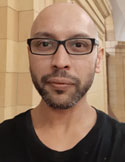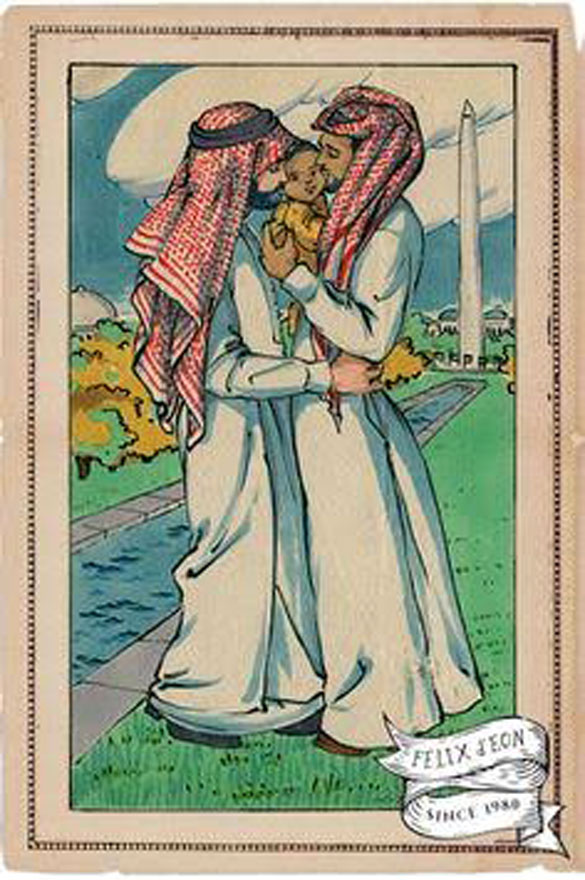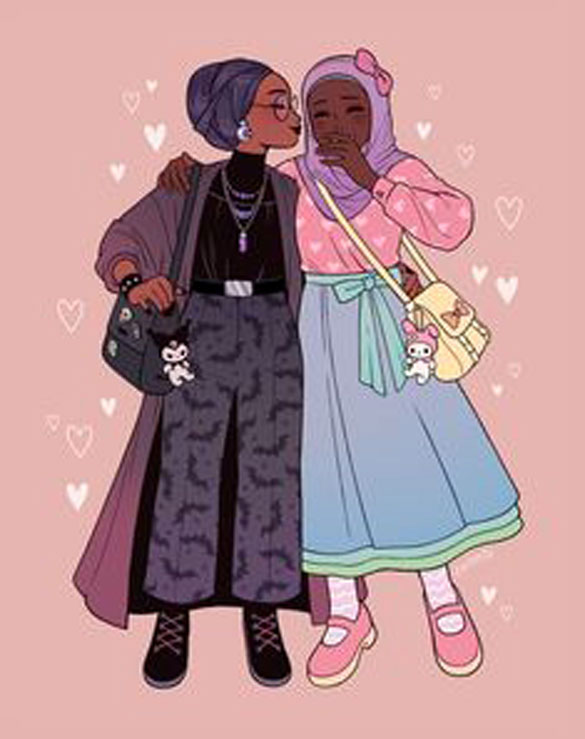
By Junaid Jahangir, New Age Islam
17 October 2020
Gay Muslims are not a monolith. Each one of them connects with the Islamic texts and values based on their personal disposition, cultural norms, social standing and economic circumstances. For some being a Muslim is just an identity marker and they derive most their values from post-modernism, others are cultural Muslims for whom affiliation to Islam is through community festivals and rituals, and still others take Islamic law and the texts very seriously. Homophobia in Muslim spaces and in the broader secular spaces unites them all.
Each one of them navigates their identity and faith in their own way. A minority chooses to remain permanently celibate based on the idea that experiencing same-sex desires is a test from Allah. A vast majority leads dual lives to save face in the family and the larger Muslim community. So, they marry straight spouses and end up looking for multiple sexual experiences on the side. Another minority decides to come out openly especially as they attain financial independence and ideally look for a lifelong same-sex partnership.

However, not many amongst those who choose to live with permanent celibacy are successful in doing so. After all, sexual expression is a basic human need. Islamic texts recognize such genuine human needs and therefore permanent celibacy is generally rejected as an un-Islamic value. In his Tafsir (exegesis) of verse 4:28, the 14th century jurist Ibn Taymiyyah indicated that the phrase “humanity was created weak” referred to the sexual need of human beings and argued that the phrase, “Allah wants to lighten your difficulties,” refers to the provision of a legal outlet for that sexual expression.
Also Read: The Holy Quran: Why Were The Verses On The People Of Lut Revealed?
However, currently gay Muslims are denied any legal outlet under the umbrella of Islamic norms and ethics. This means that many gay Muslims who adopt permanent celibacy as an ideal, live with severe cognitive dissonance. While some are presumably successful in living up to such an ideal and create support groups like “straight struggle,” many others end up with alcohol and drug abuse and unsafe sexual encounters. Some experience or perceive racism and Islamophobia in LGBTQ spaces. Unable to find their space in LGBTQ spaces or Muslim spaces, some lash out against those who uphold an LGBTQ affirming Islam. This perhaps for them is a purification ritual that consists of casting stones at external “demons” instead of looking within. Some look for answers from others to save them from the quagmire they are caught in. But none can save them from themselves.
There Are No Saviours. Gay Muslims Will Have To Save Themselves.
None of the Muslim institutions like Yaqeen, Seekers Guidance, Bayyinnah, Zaytuna or Al Maghrib in the West affirms gay Muslims. Instead, they expect them to struggle with themselves as a test from Allah. Many of these high-profile Imams, academics, researchers and motivational speakers have their own method of opposing the fundamental concerns of gay Muslims. Some argue on the basis of the narrative on the people of Lut even if they have to discount the context of inhospitality and highway robbery. Others argue on the basis of the Hifz Furuj (protection of the private parts) verses and still others reference the Ibn Abbas text on death for both the insertive and the receptive partners even as many Hadith experts reject such texts as inauthentic. Then there are those who focus on verses 4:15 – 4:16 as a modern approach to counter homosexuality even as the vast majority of past Muslim scholars rejected using these verses for any ruling on homosexuality. Indeed, the contempt for homosexual expression runs deep and manifests itself in multiple ways.
Also Read: To Sustain an LGBTQ Affirming Islamic Discourse, Lateral Violence Must End
All of this means that gay Muslims cannot expect to be affirmed by the likes of Nouman Ali Khan at Bayinnah even as he faced allegations of sexual impropriety, Dr. Nazir Khan at Yaqeen Institute even with his medical background or Omar Suleiman even as he forges alliances with LGBTQ non-Muslims, or for that matter Yasir Qadhi at Al Maghrib even as he wrote a lengthy piece on the permissibility of consuming cheese snacks made from gelatin from pigs. To reiterate, gay Muslims cannot expect to be affirmed by the usual guardians and custodians of Islamic morality and norms.

So how then should they live? Should they come out? Should they have a marriage of convenience? Or should they become a martyr for Islam?
To some extent, they are already sorting themselves out according to their personal situation, inner strength, respective cultural norms and social mores. This means some will join “straight struggle” groups, others will lead dual lives and yet others will come out of the closet to live honestly. Each one of these approaches is fraught with challenges of its own. Gay Muslims will have to decide for themselves which challenge they are best suited to face.
Also Read: Why Gay Muslims Are Upheld To Standards That Not Even Prophets Fulfil?
As an academic who has offered the case for the affirmation of gay Muslims in Islam, all I can say is that not even the strongest of the arguments of the affirming scholars will help if the individual is not ready to let go of deeply internalized cultural norms and social mores. It is therefore up to the individual to decide the path for themselves. It is their life, their choices and therefore their responsibility alone on the ensuing consequences.
New Age Islam, Islam Online, Islamic Website, African Muslim News, Arab World News, South Asia News, Indian Muslim News, World Muslim News, Women in Islam, Islamic Feminism, Arab Women, Women In Arab, Islamophobia in America, Muslim Women in West, Islam Women and Feminism




 Moderate Islamist here
Moderate Islamist here


0 comments:
Post a Comment